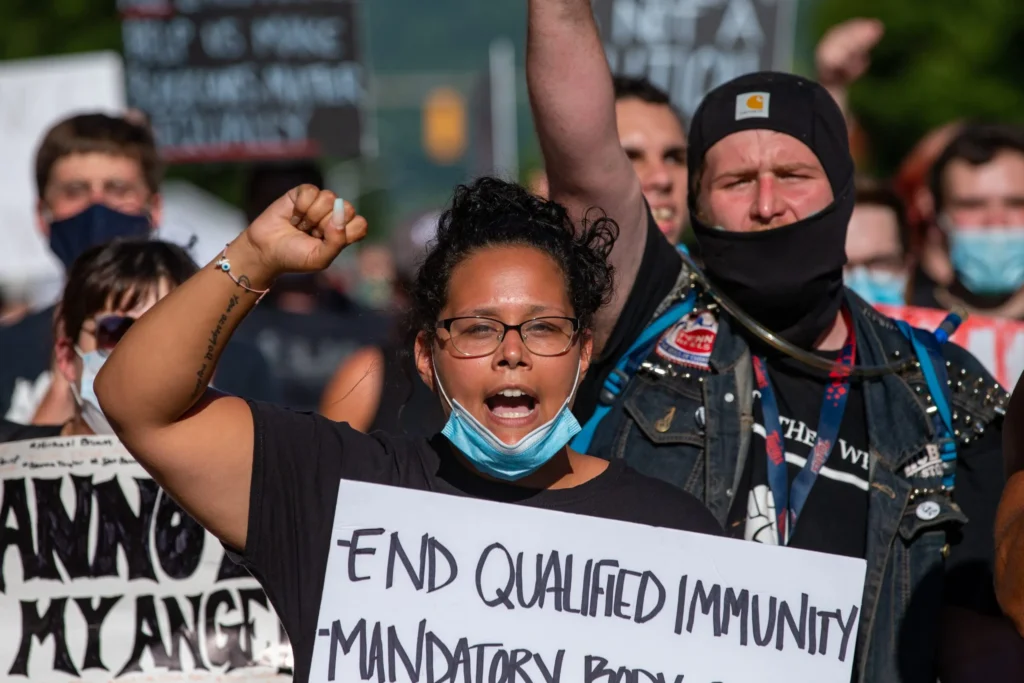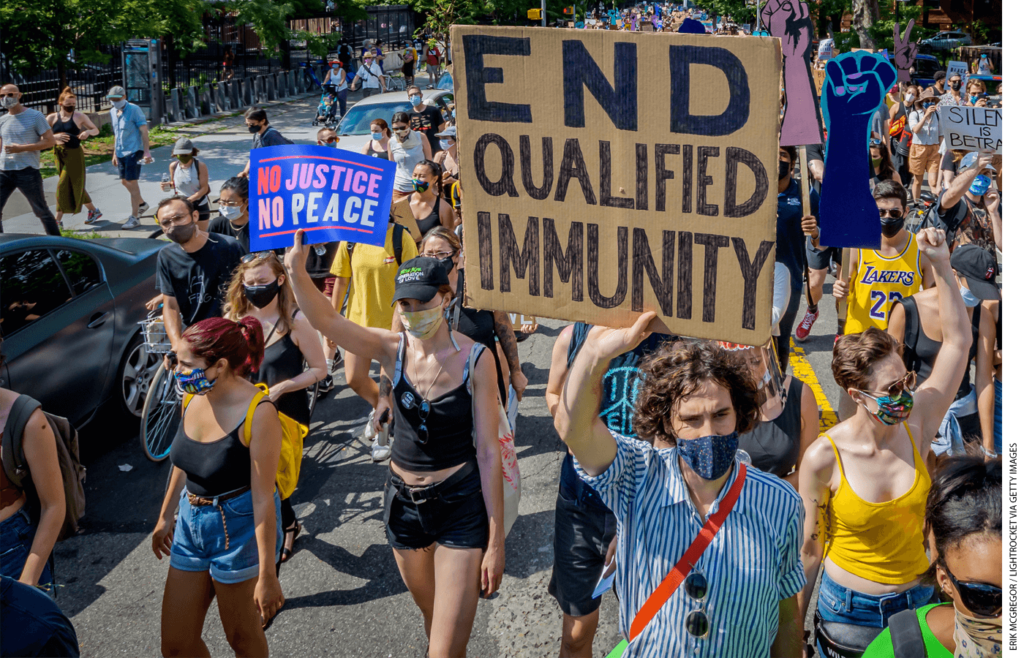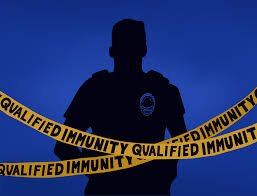Qualified immunity is a legal doctrine that shields government officials—most prominently police officers—from personal liability in civil rights lawsuits unless they violated a “clearly established” constitutional right. In recent years qualified immunity has become a flashpoint in debates over accountability use of force and the balance between protecting officials and preserving citizens’ rights. This article explains qualified immunity’s origins how it works why it’s controversial and what reforms are on the table.
What Is Qualified Immunity

Qualified immunity prevents plaintiffs from suing government officials for money damages unless a court has already decided a nearly identical case and found the conduct unconstitutional. In practice this means even if an official violates someone’s rights a lawsuit often fails unless there is precedent with almost identical facts.
Key points about qualified immunity
• Applies to all “persons” acting under color of law including police, prison guards, and municipal employees
• Shields only monetary damages claims; plaintiffs can still seek injunctive relief or sue for declaratory judgments
• Courts evaluate two questions: whether a constitutional right was violated and whether that right was clearly established
Origins and Supreme Court Decisions
Qualified immunity emerged in 1967’s Pierson v. Ray when the Supreme Court held that judges and police should have some protection for good-faith mistakes under civil rights laws. Over decades the doctrine expanded:
• Harlow v. Fitzgerald (1982) shifted to an objective test removing the need to prove official’s subjective good faith
• Anderson v. Creighton (1987) emphasized “clearly established” law meaning officials must know their specific actions were unconstitutional
• Hope v. Pelzer (2002) allowed some flexibility when general constitutional principles were obvious even without precise precedent
• Pearson v. Callahan (2009) let courts decide the two qualified immunity steps in any order, often ending cases at the clearly established analysis
These decisions have made it increasingly difficult for plaintiffs to overcome qualified immunity, even when rights violations are blatant.
How Qualified Immunity Works in Practice

Imagine an officer uses unconstitutional force during a traffic stop A lawsuit for excessive force proceeds under 42 U.S.C. § 1983. The court asks:
1 Was force used in violation of the Fourth Amendment’s protection against unreasonable seizures
2 If yes was there a prior case with nearly identical facts showing such force was unconstitutional
Even if step one favors the plaintiff step two often fails because courts require an almost identical precedent. As a result many meritorious claims never reach a jury.
Arguments in Favor of Qualified Immunity
Supporters say qualified immunity is necessary to:
Protect officials from frivolous lawsuits and financial ruin
Allow officials to perform duties without fear of constant litigation
Encourage decisive action in emergencies without second-guessing in court
Prevent defensive policing where officers hesitate to act
Judges and lawmakers argue that without qualified immunity public services would suffer from risk aversion and higher insurance costs.
Criticisms and Calls for Reform
Critics contend qualified immunity:
Denies victims compensation even when rights violations are clear
Creates a virtually absolute shield for misconduct
Encourages a lack of accountability eroding public trust in law enforcement
Relies on ever-narrower precedents making relief impossible
High-profile cases where courts denied claims despite video evidence have fueled public outrage. Civil rights groups, some legislators and even former defenders of the doctrine now call for changes.
Reform Proposals
Several reform paths have emerged:
Legislative repeal of qualified immunity under § 1983 so courts apply ordinary tort rules
Statutory clarification lowering the “clearly established” threshold to general constitutional principles
Judicial reinterpretation urging courts to weigh federal interests in accountability more heavily
State-level reforms allowing lawsuits in state courts under state law bypassing federal qualified immunity
In Congress the George Floyd Justice in Policing Act aimed to end qualified immunity for police but stalled. Some states like Colorado and New Mexico have passed laws creating limited accountability outside federal immunity rules.
Impact of Reform
Repealing or limiting qualified immunity could:
Increase successful lawsuits and financial awards for victims
Encourage law enforcement agencies to adopt stronger training and oversight
Raise concerns about higher liability costs and defensive practices
Shift more cases to settlements or alternative dispute resolution
Police unions warn of recruiting challenges if officers face personal liability. Reform advocates say accountability ultimately benefits community trust and public safety.
Alternatives to Qualified Immunity
Beyond repeal scholars propose:
Official immunity with insurance or indemnification to cover damages without protecting individuals entirely
Enhanced supervisory liability ensuring agencies share responsibility for misconduct
Civil rights ombudsmen or independent review boards to handle claims without full tort litigation
These alternatives seek balance: protecting well-meaning officials while providing victims a meaningful remedy.
Qualified Immunity and the Courts

Courts continue shaping the doctrine. Recent Supreme Court interest suggests potential narrowing of qualified immunity in future decisions. Lower courts also occasionally find rights “clearly established” in egregious cases, chipping away slowly at total immunity.
How This Affects You
If you believe your rights were violated by a government official:
Document everything: photos, videos, witness information
Consult an attorney early to assess the viability of a § 1983 claim
Explore state-law claims that may bypass federal immunity
Consider injunctive relief if monetary damages seem unlikely
Awareness of qualified immunity’s hurdles helps set realistic expectations for civil rights litigation.
Final Thoughts
Qualified immunity sits at the crossroads of accountability and official protection. While intended to guard well-intentioned officials from undue lawsuits, its “clearly established” requirement often denies redress to those whose rights are violated. As public pressure mounts and reform efforts advance the doctrine may evolve. Understanding how qualified immunity works empowers citizens, advocates and policymakers to engage meaningfully in debates over justice, oversight and the rule of law.
Also read – George Soros The Billionaire Shaping Global Politics






